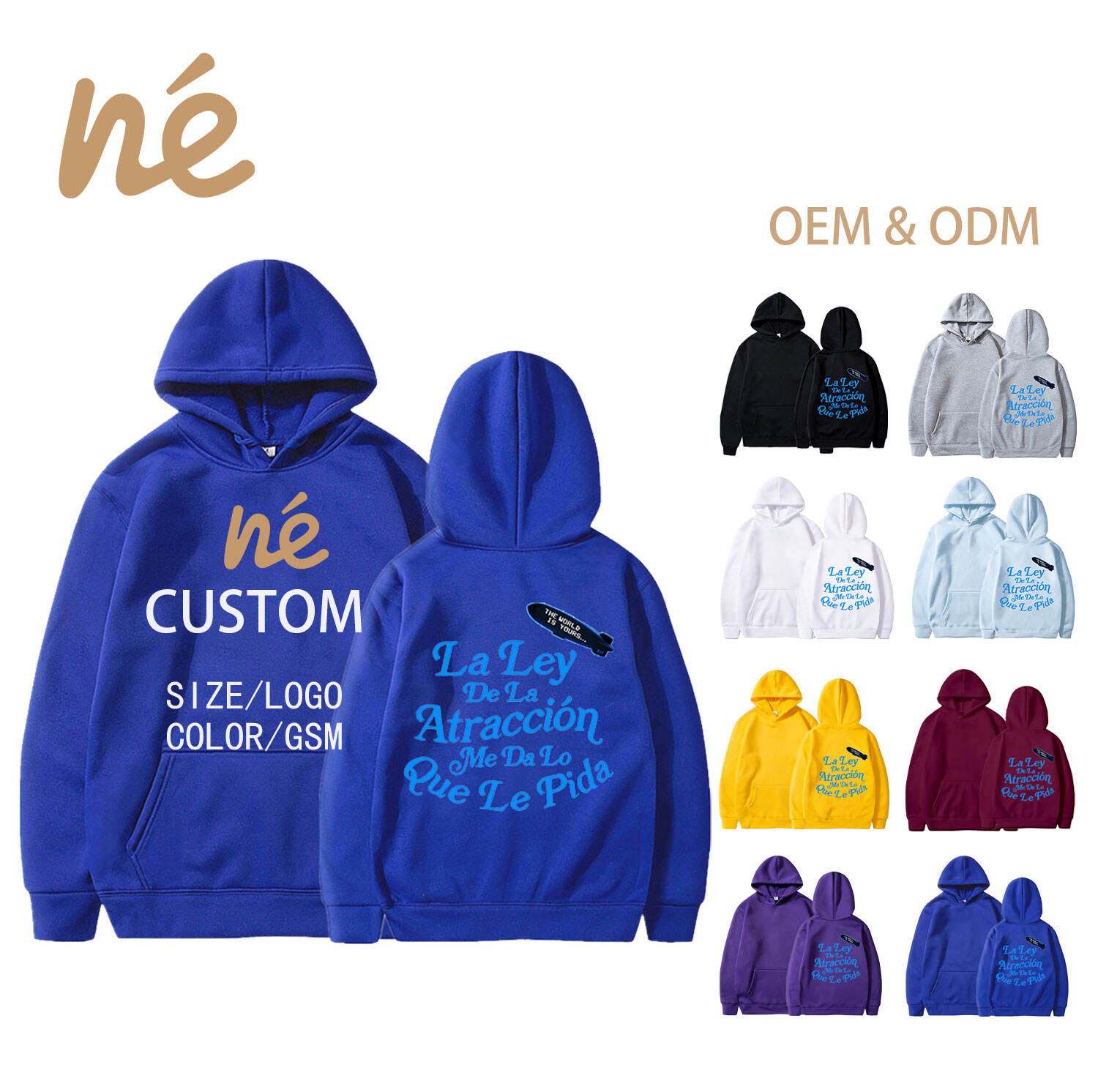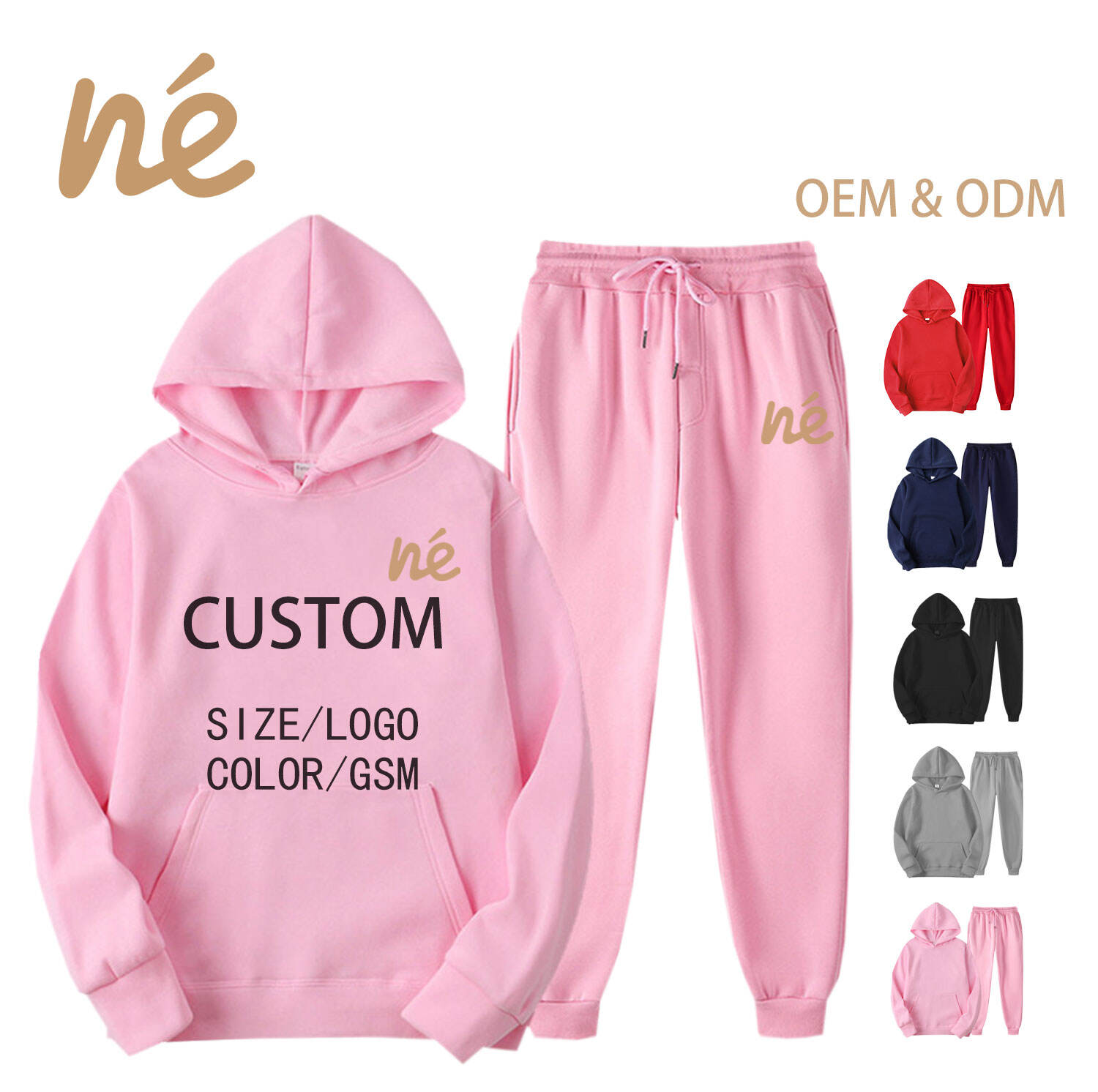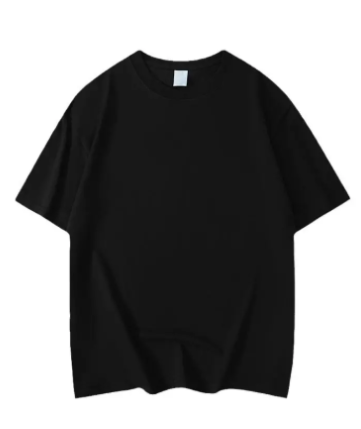eco friendly t shirts
Eco friendly t shirts represent a revolutionary step forward in sustainable fashion, combining environmental consciousness with style and comfort. These garments are crafted from organic, renewable materials such as organic cotton, recycled polyester, and hemp, ensuring minimal environmental impact throughout their production cycle. The manufacturing process employs water saving techniques, reducing consumption by up to 90% compared to conventional methods. Advanced dyeing technologies utilize natural, non toxic dyes that require less water and energy while producing vibrant, long lasting colors. The shirts feature moisture wicking properties, maintaining comfort during wear while requiring less frequent washing, further reducing water usage. Each shirt is designed with durability in mind, incorporating reinforced stitching and quality materials that extend the garment's lifespan. The production process adheres to strict environmental standards, from sourcing raw materials to packaging, using biodegradable or recyclable materials. These shirts are certified by independent organizations, ensuring compliance with environmental and social responsibility standards, making them a trustworthy choice for environmentally conscious consumers.










